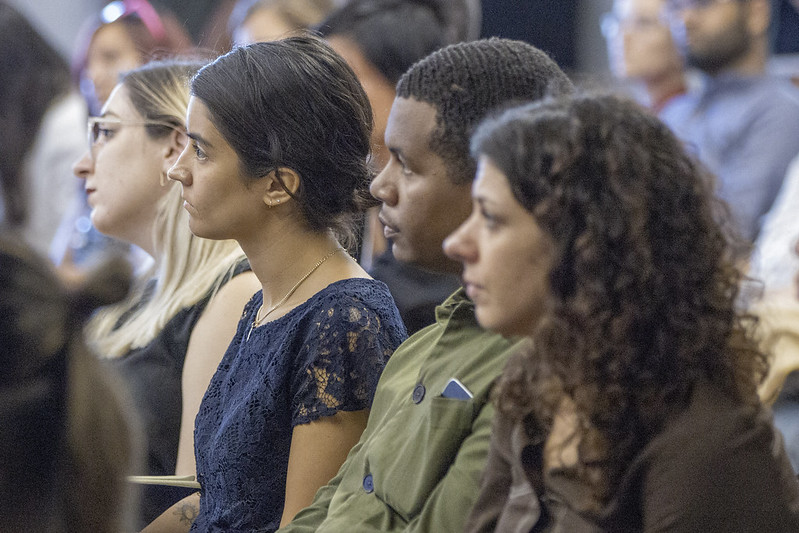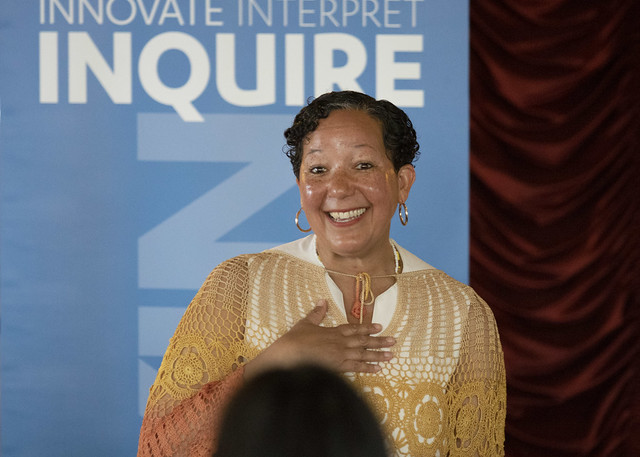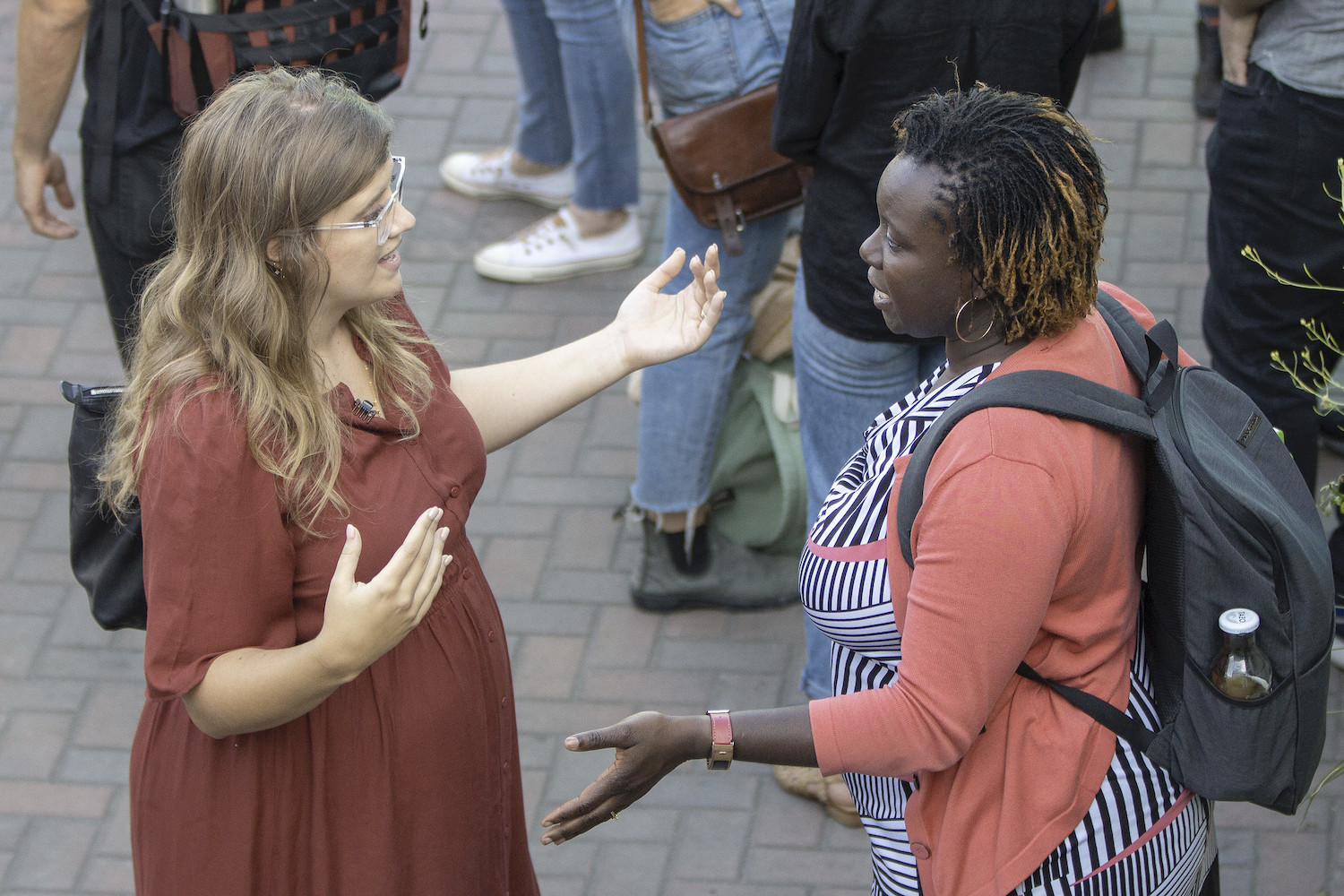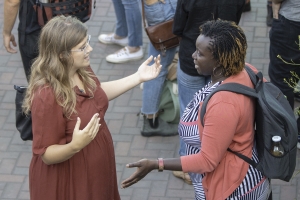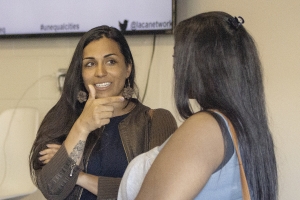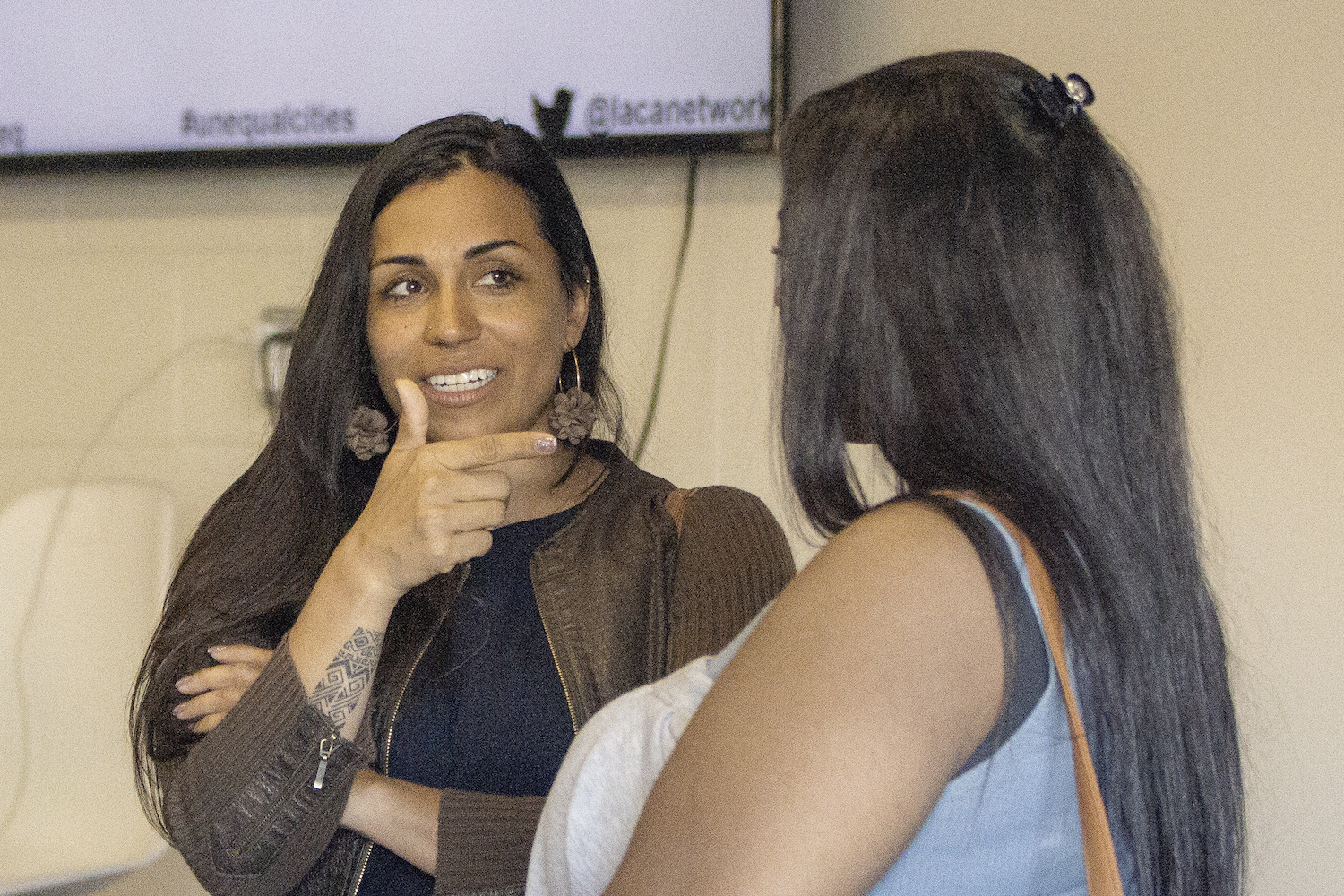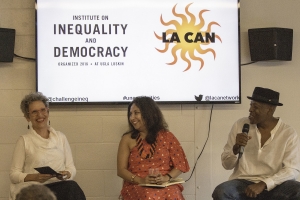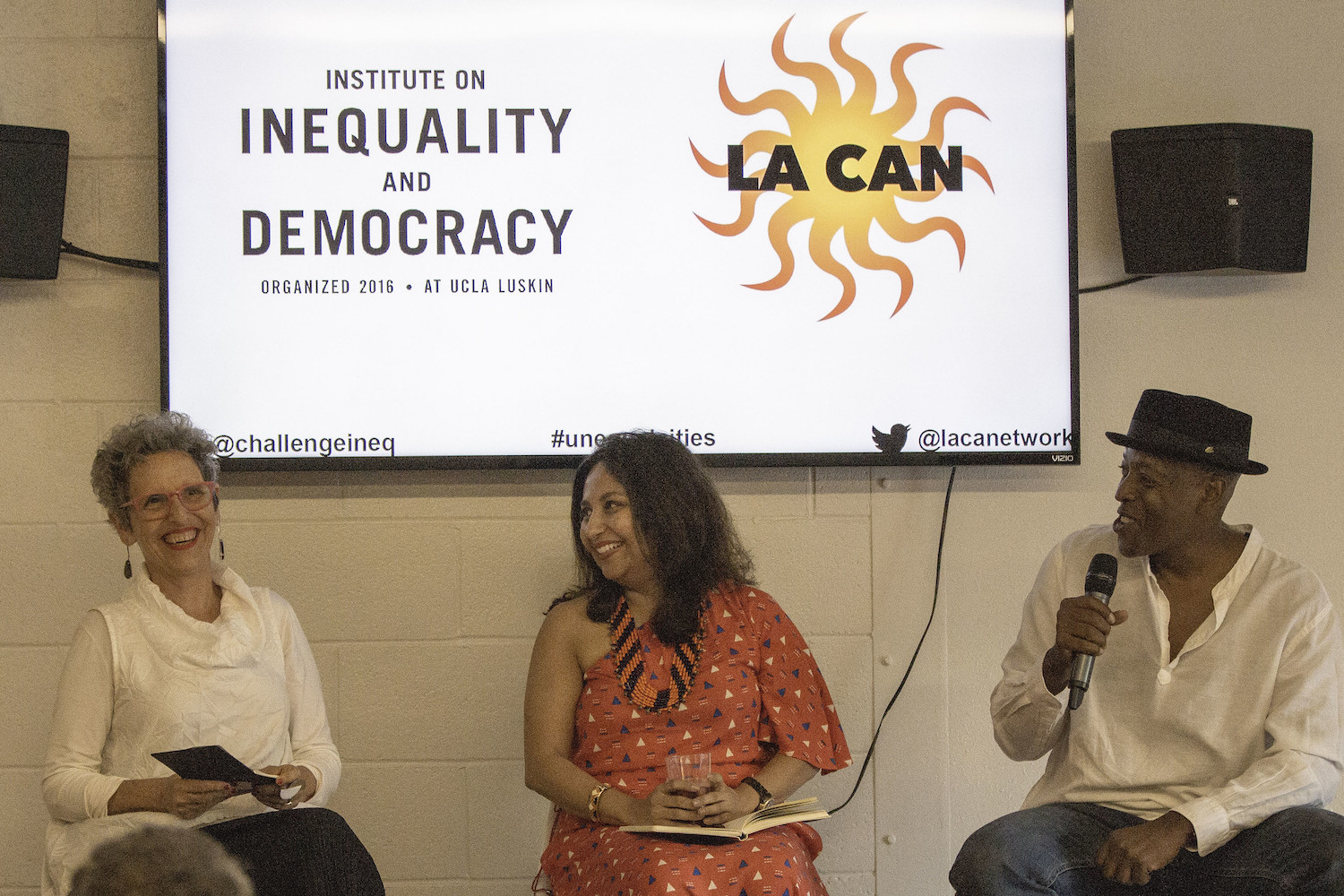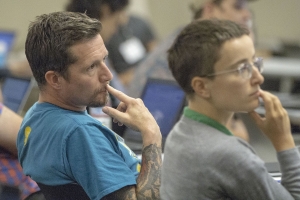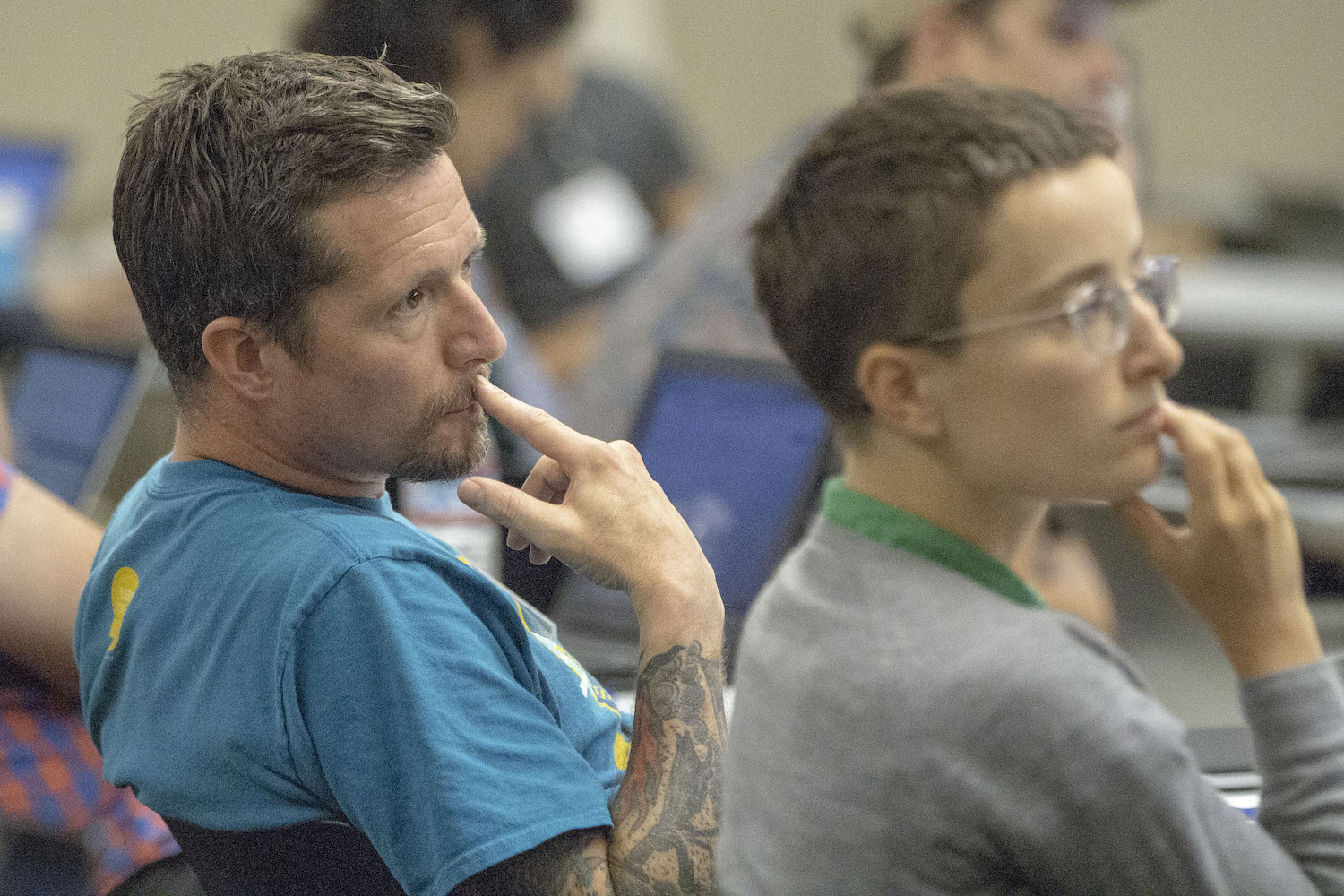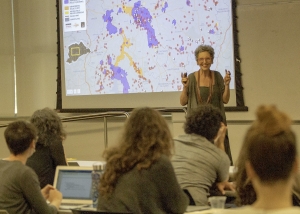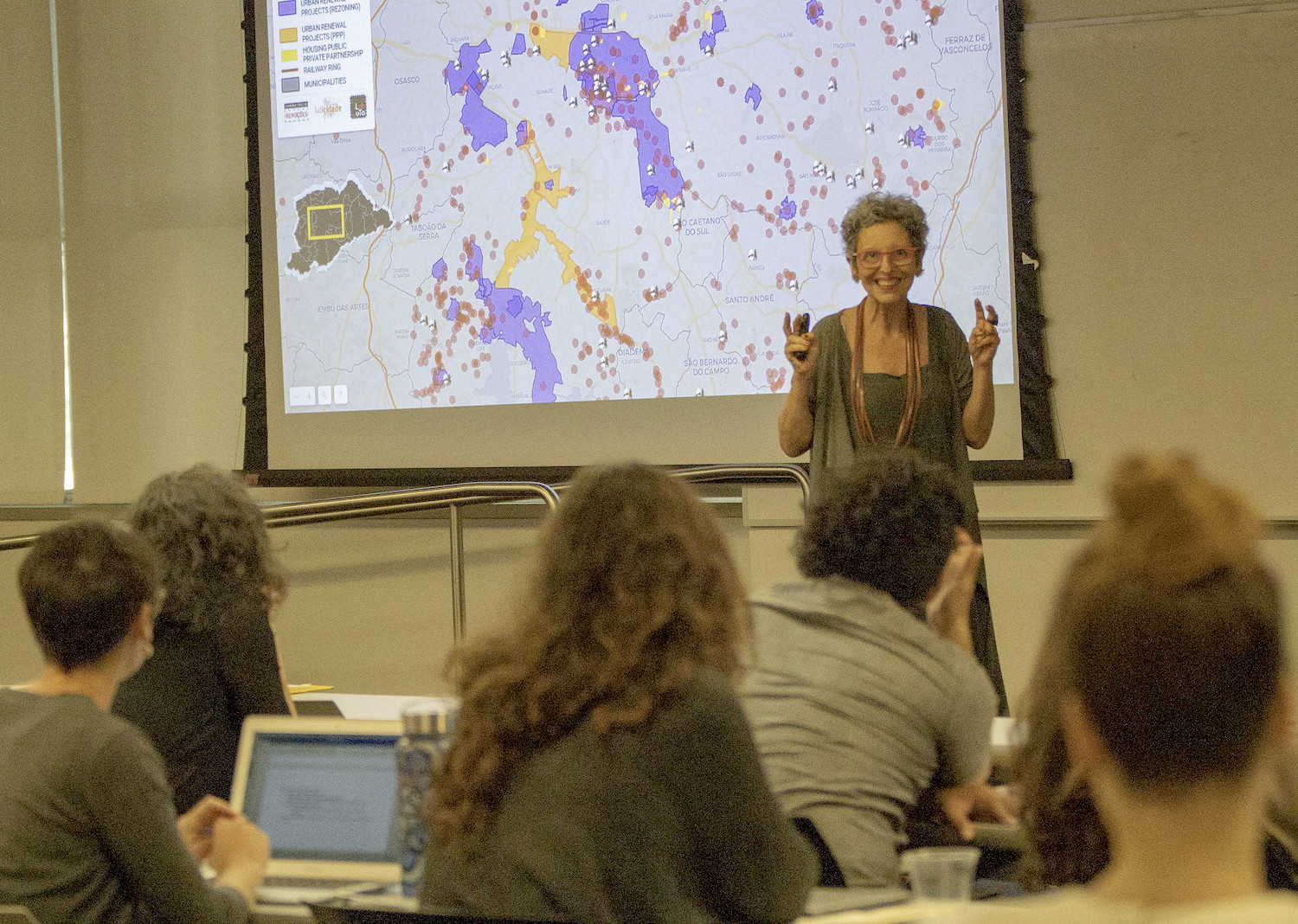By Mary Braswell
When Raquel Rolnik began her work for the United Nations Human Rights Council monitoring access to adequate housing, she found that the world body did not fully grasp the scope of the challenge.
“Adequate housing was seen as a problem of underdeveloped countries, those countries full of favelas, slums, barrios,” said Rolnik, who served as a U.N. special rapporteur from 2008 to 2014. “And of course it was not a problem at all in the developed world — at all.”
The global financial crisis of the last decade helped put that myth to rest, shining a spotlight on people in countries — rich and poor — who struggle to find secure housing, said Rolnik, who shared her experiences at a weeklong summer course hosted by the Institute on Inequality and Democracy at the UCLA Luskin School of Public Affairs.
With “challenge inequality” as its rallying cry, the institute strives to advance democracy through research, critical thought and alliances between academia and activism. With that mission in mind, the institute developed the curriculum on “Methodologies for Housing Justice.”
‘We are talking about banishment, we are talking about permanent transitoriness, we are talking about invisible people who are pushed from place to place.’ — Raquel Rolnik
More than 50 participants from universities and social movements attended the Aug. 5-9 course led by Rolnik and Ananya Roy, director of the Institute on Inequality and Democracy and professor of urban planning, social welfare and geography. A large Los Angeles contingent was joined by participants from Oakland, Orange County, Austin, Chicago, New York, Berlin, Buenos Aires, Cape Town, Manila and other locales.
Their goal was to share knowledge, master the tools of research and strengthen their commitment to uphold what the United Nations calls a basic human right: a place to live in peace, security and dignity.
Nancy Mejia, who works with Latino Health Access and other advocacy groups in Santa Ana, said the swelling demand for stable housing in Orange County compelled her to take part in the summer institute.
For years, Mejia’s work centered on access to healthy food, open spaces and recreation, but she found that constituents forced to move from place to place could not take advantage of these programs. So she shifted her focus to tenant rights, rent control and other housing justice issues.
“We’re getting more organized, and this is the sort of place to come and hear what else is going on around the country,” Mejia said. “We are getting the tools, connections and networks to build our capacity as a movement.”
The summer institute underscored that, rather than a social good, housing has become a commodity used to enrich property owners.
The dozen instructors covered a broad spectrum of issues, including laws against squatting or sleeping in one’s car that in effect make poverty a criminal offense; the ethics of collecting and controlling data on private citizens; and the responsibility of researchers to take the next step — to act for the greater good.
“We are not talking about an individual process of eviction,” Rolnik said during a session on her work with the São Paulo Evictions Observatory. “We are talking about banishment, we are talking about permanent transitoriness, we are talking about invisible people who are pushed from place to place.”
The Evictions Observatory was created to turn small bits of information collected from across the Brazilian metropolis into data-rich maps exposing broad trends of inhumane behavior.
Rolnik displayed a map highlighting pockets of São Paulo where at least 100 evictions took place within one kilometer — frequently in locations known for drug consumption or inhabited by non-white residents. At times, tenants were cleared out so that businesses could expand. In one case, she said, a building was demolished while squatters were still inside.
Largely powered by university students, the Evictions Observatory intervenes on behalf of the homeless and lobbies for “key-to-key” policies — that is, no person may be evicted unless he or she has a safe place to land.
The observatory is led by Rolnik, a professor, architect, urban planner and author. In addition to her position as U.N. special rapporteur on adequate housing, Rolnik has held positions with the Brazilian government, non-governmental organizations and academia. She currently chairs the design and planning department at the University of São Paulo.
“Raquel’s work and career to me have always been an inspiration for how one might in fact be both inside and outside powerful institutions and produce scholarship and frameworks of social change that are abolitionist, that are anti-colonial and that are committed to a human right to housing,” said Roy, who also holds the Meyer and Renee Luskin Chair in Inequality and Democracy at UCLA.
The summer course was offered through the Housing Justice in #UnequalCities Network, which was launched by Roy’s institute, with support from the National Science Foundation, to unite movement-based and university-based scholars in the field.
That expression of solidarity attracted Joshua Poe, an independent geographer, city planner and community activist from Louisville, Kentucky. To sharpen his skills in urban design and data visualization, Poe returned to school to earn a master’s in urban planning but acknowledged that he has an “insurgent relationship” with academia.
“For a lot of people who’ve been doing movement-based research or movement geography or movement science, we’ve been somewhat isolated and somewhat invalidated at times and kind of gaslighted by academia,” Poe said. “But this institute lends not just legitimacy to what we’re doing but also expands our networks and emboldens our work in a lot of ways.”
Poe spoke after a day of lectures and training at the Los Angeles Community Action Network, or LA CAN, an advocacy group headquartered in downtown’s Skid Row. LA CAN, part of the Housing Justice in #UnequalCities Network, also hosted a book launch for the English version of Rolnik’s “Urban Warfare: Housing Under the Empire of Finance.”
At the close of the summer institute, the work was not done. In the coming weeks, participants will craft chapters on key housing justice methodologies, which will be disseminated as a digital resource guide available to all.
“This open-access volume will be a critical resource for defining housing justice as a field of inquiry,” Roy said.
View photos from the summer institute on Flickr.
